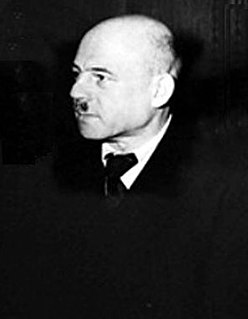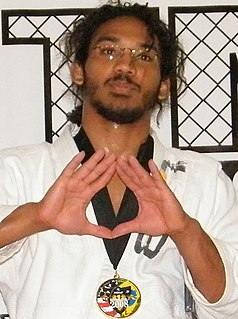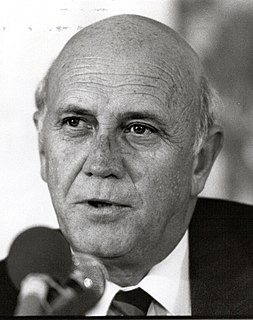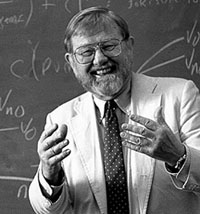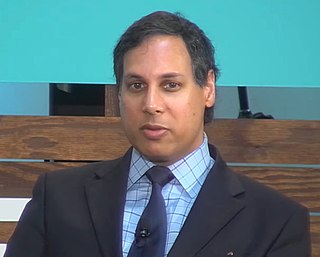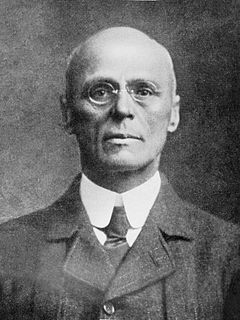A Quote by Fritz Sauckel
As I, as a worker, came to know them, the aims of German trade unions were political, and there were a number of various trade unions with varied political views.
Related Quotes
From the time I entered cabinet, the emphasis was on reforms, but reforms which did not abolish separate development, but reforms which were aimed at changing the very, very dehumanising aspects. Giving greater freedom of movement, giving private property ownership within so-called white South Africa also to blacks. Abolishing the concept of job reservation on the basis of race and colour. Allowing free organisation for trade unions, also black trade unions.
The teachers' unions that block school reform have done serious damage to the union brand. The public no longer views unions as their friend, much less their champion. They view them as corrupt, intransigent and more interested in protecting their political clout within the Democratic Party than protecting their members or even school children.
What was really interesting in his speech, which, by the way, had (inaudible) footnotes - the written version of it - which might be a personal record for Donald Trump - the source of a lot of his numbers on the free trade section of the speech came from an organization called the Economic Policy Institute, which was a think tank or is a think tank that was founded by labor unions to promote the labor unions' point of view on free trade agreements.
You know, when I was in college, there was a big debate: Do unions raise wages? Well, with regard to industrial unions, there were arguments back and forth -- international competition. It is now clear, I think, that whether or not you think unions raised wages 50 years ago, the absence of unions and their weakness that is inflicted by anti-union public policy depresses wages. The fact is that people who are not represented, in the service industries in particular, are the victims of policies which depress their wages.
